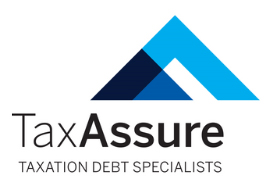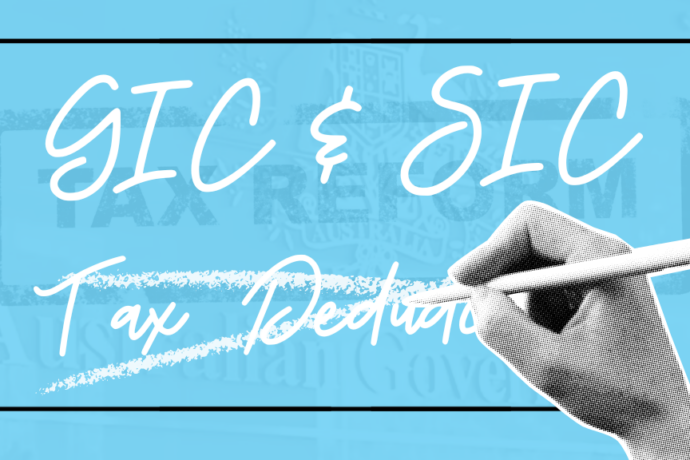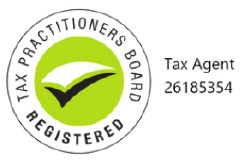SGC and DPNs from the ATO: clear as mud?

Table of Contents
Getting to grips with Super Guarantee obligations
It’s no secret that the ATO is looking to tighten-up their Director Penalty regime around Superannuation Guarantee (SG) obligations. Many will already be aware that the ATO can use these provisions to force directors to personally pay outstanding SGC (Superannuation Guarantee Charge) debt and PAYG withholding.
There have been suggestions in the past (including in reports by the Inspector General of Taxation) that the ATO was not giving SG compliance the same importance as tax revenue collection. So the ATO has a clear focus now to treat this in the same way as other business tax obligations.
This year alone, we have seen:
• legislation passed (March) which removes the three-month grace period for reporting outstanding SG, making this debt more likely to result in the dreaded lock-down DPNs;
• anecdotes of inconsistency in the issuance of penalties for outstanding SG debt amounts, meaning many employers fear getting caught out;
• proposed Superannuation Guarantee Amnesty legislation tabled twice (most recently in September) in an attempt to bring in a higher % of historical debt.
You would be forgiven for thinking the whole issue of SGC debt feels like a bit of a moving target. Whether the proposed SG Amnesty goes through or not, one thing is unequivocal: employers are required by law to report and pay shortfalls of compulsory Super. If directors are aware of shortfalls, they need to act… or they are at risk of punitive penalties.
In an ideal world, of course, all company directors would always be ATO-compliant; and we would all be busy polishing our proverbial halos. But what about companies who just can’t address the shortfall? Cashflow is tight, and outstanding ATO debt is starting to weigh heavily. Heads have been in the sand… but DPNs are about to be (or have been) issued, and the stress level is mounting.
At Tax Assure, we get it. We hear and see real-life anxiety about outstanding tax debt every single day. Getting DPNs managed (or stopping them altogether) is a key outcome we achieve for many of our clients – whether their debt arises from outstanding SGC or not.
So even if the issue of SGC and DPNs feels slightly cloudy (not to mention scary), the best piece of advice I can give is to engage with the ATO about it sooner rather than later. Talk to us if you would like support or advice – we’d love to help.





